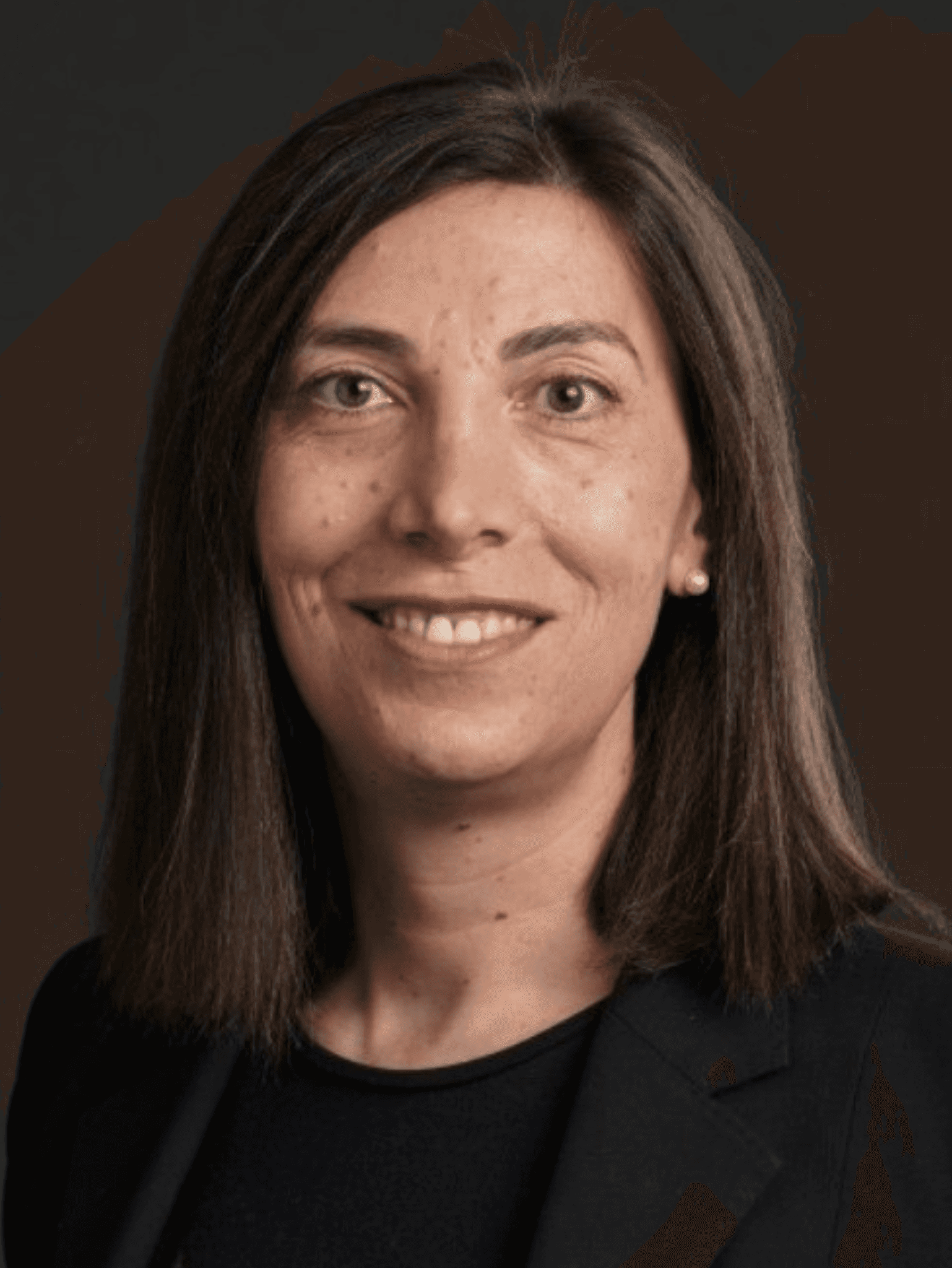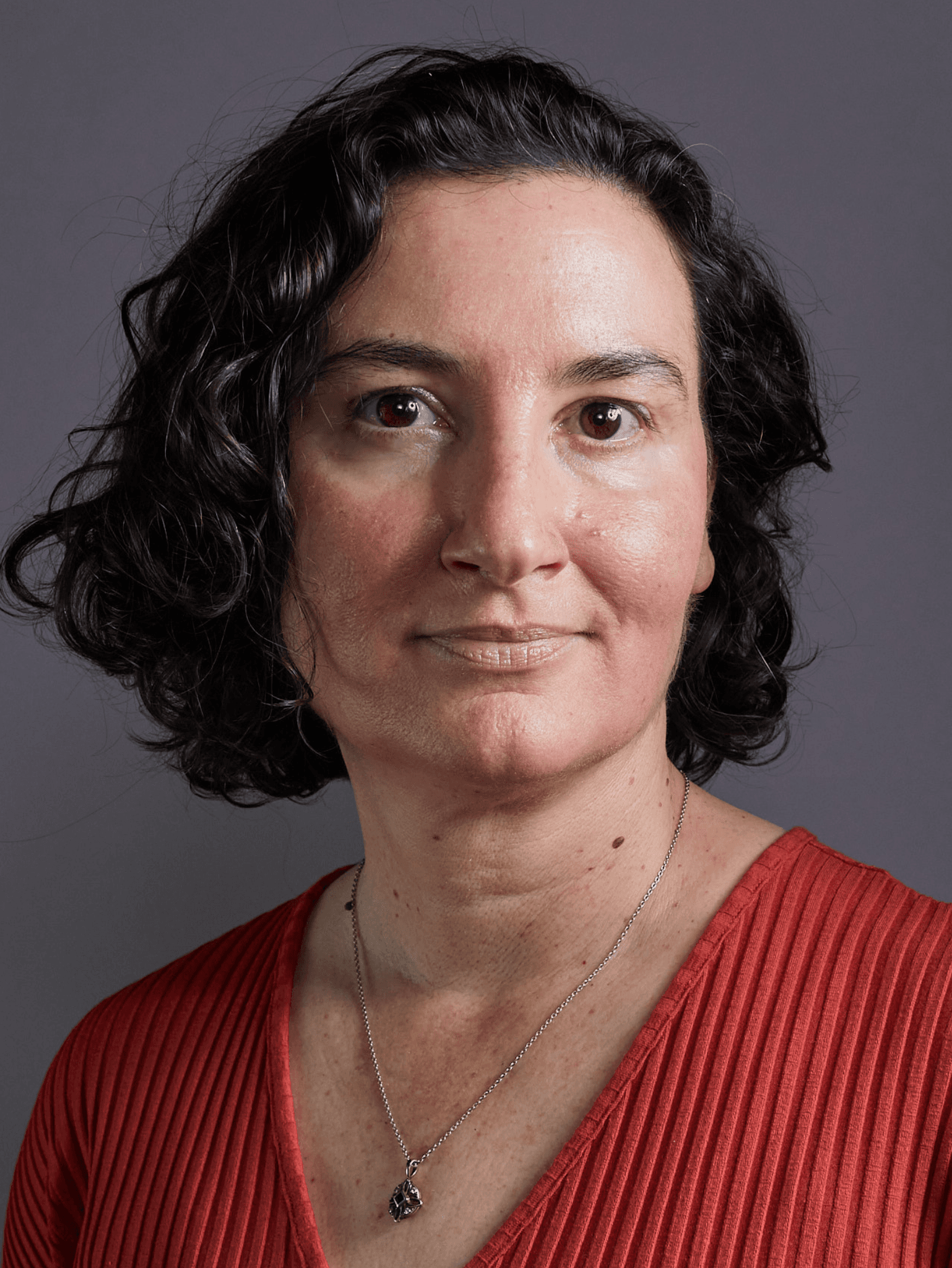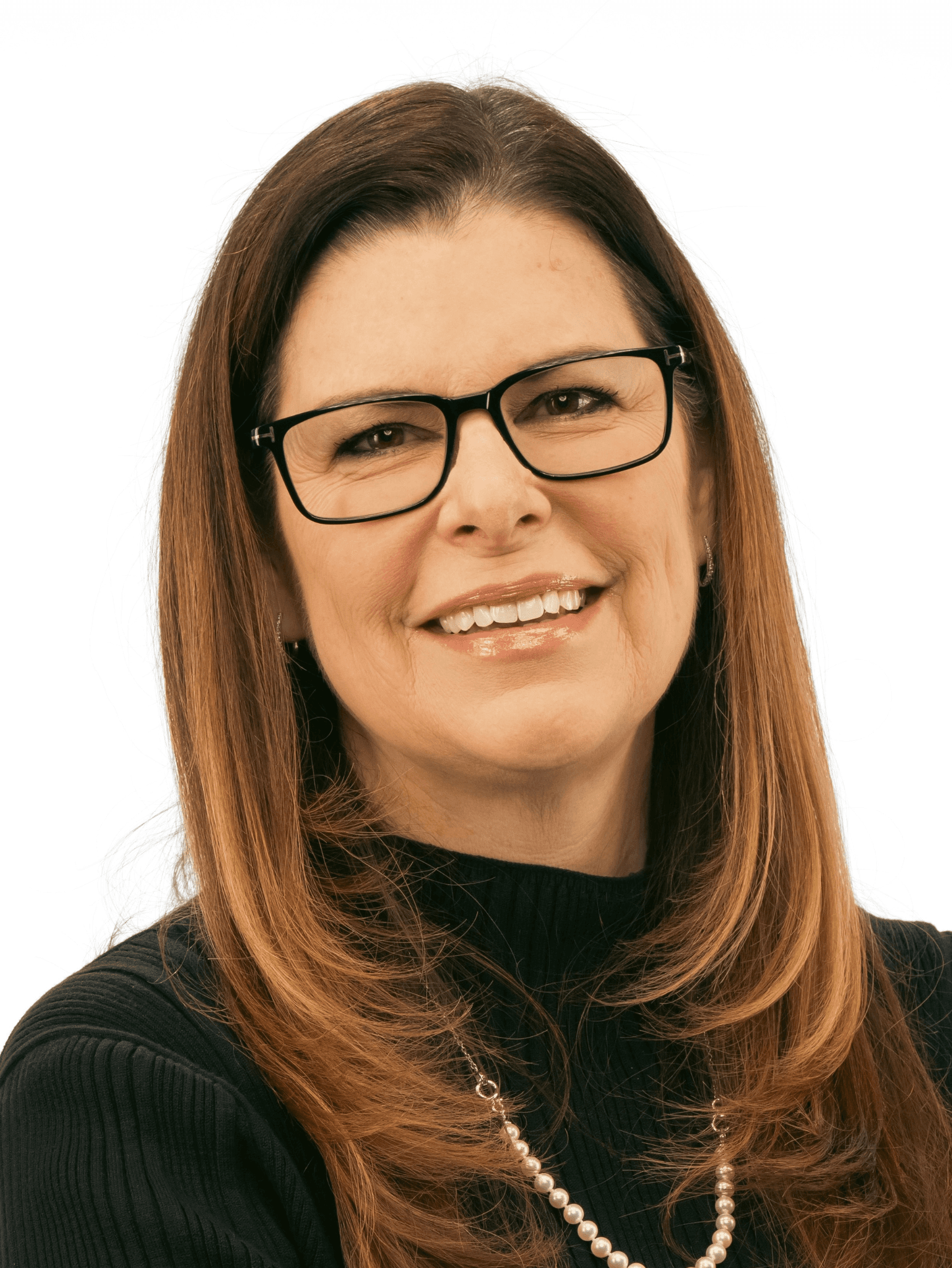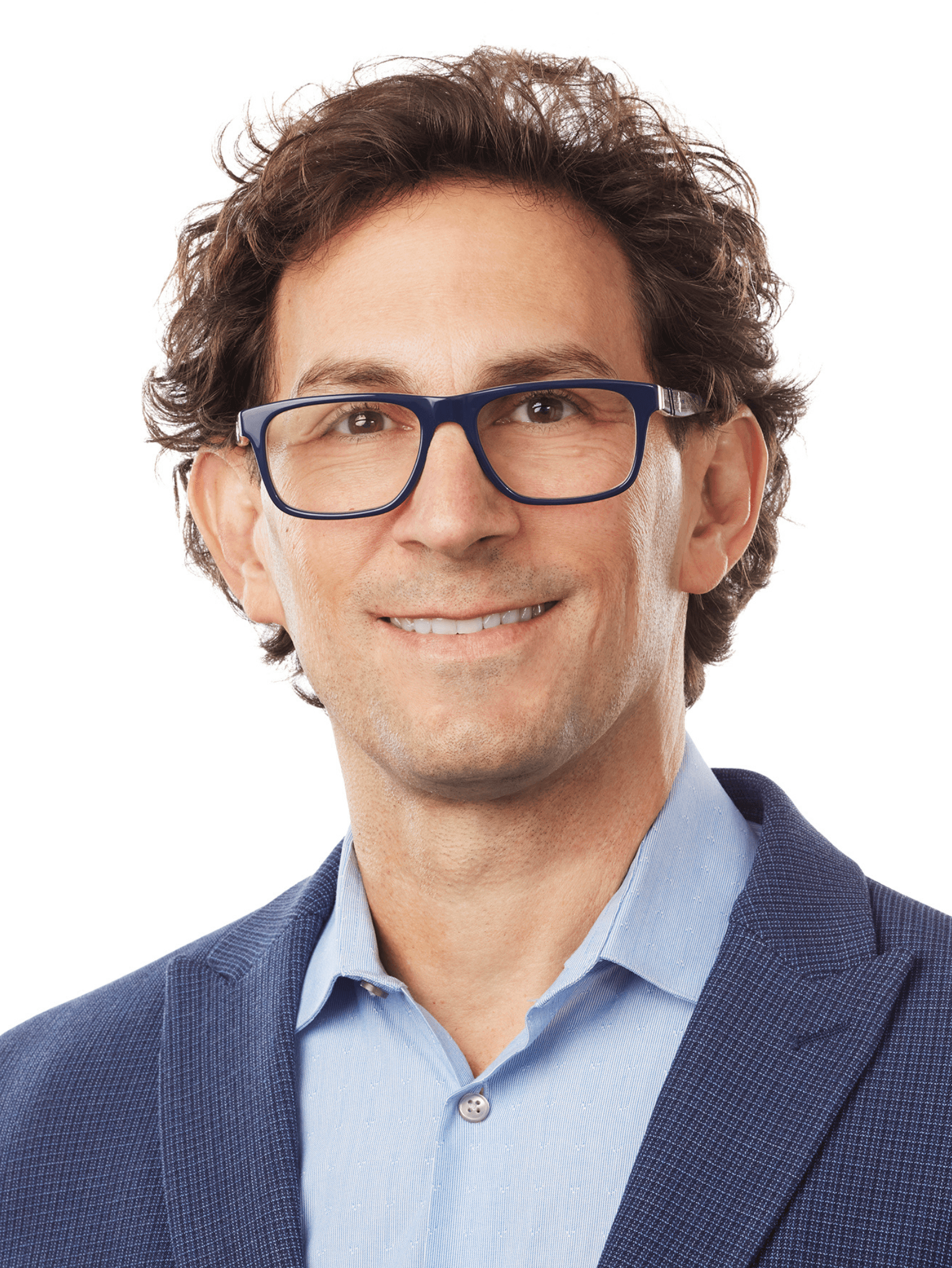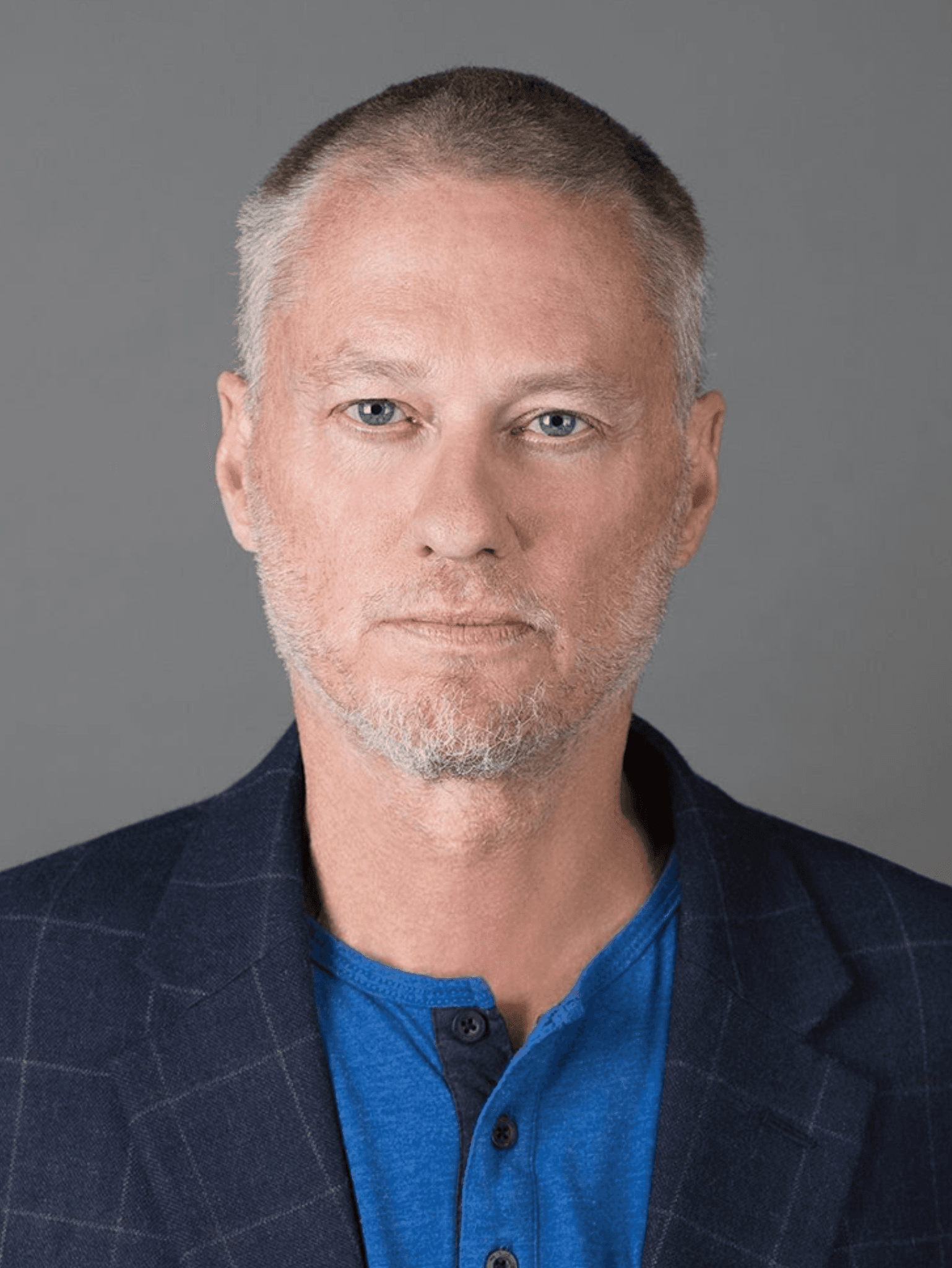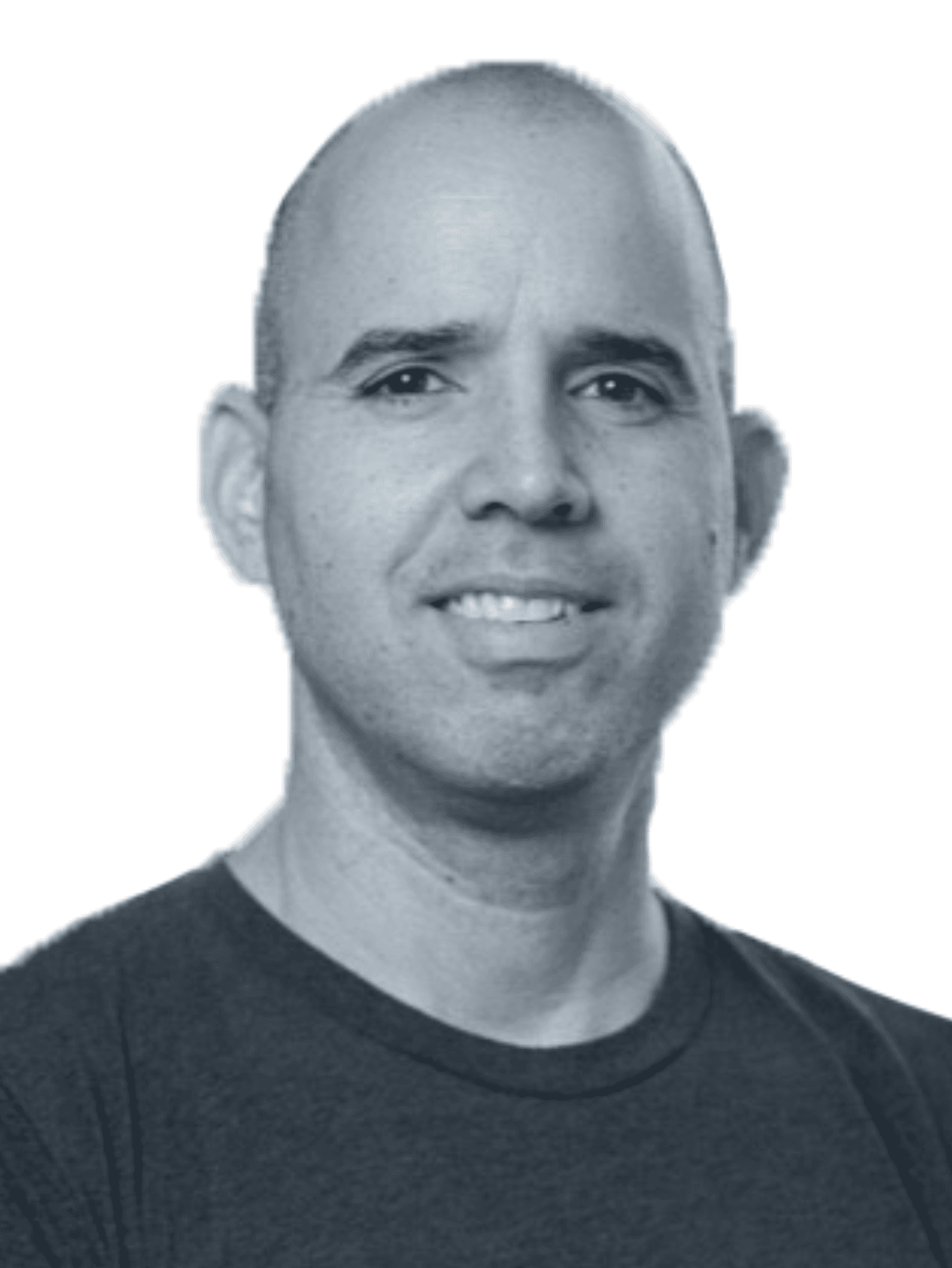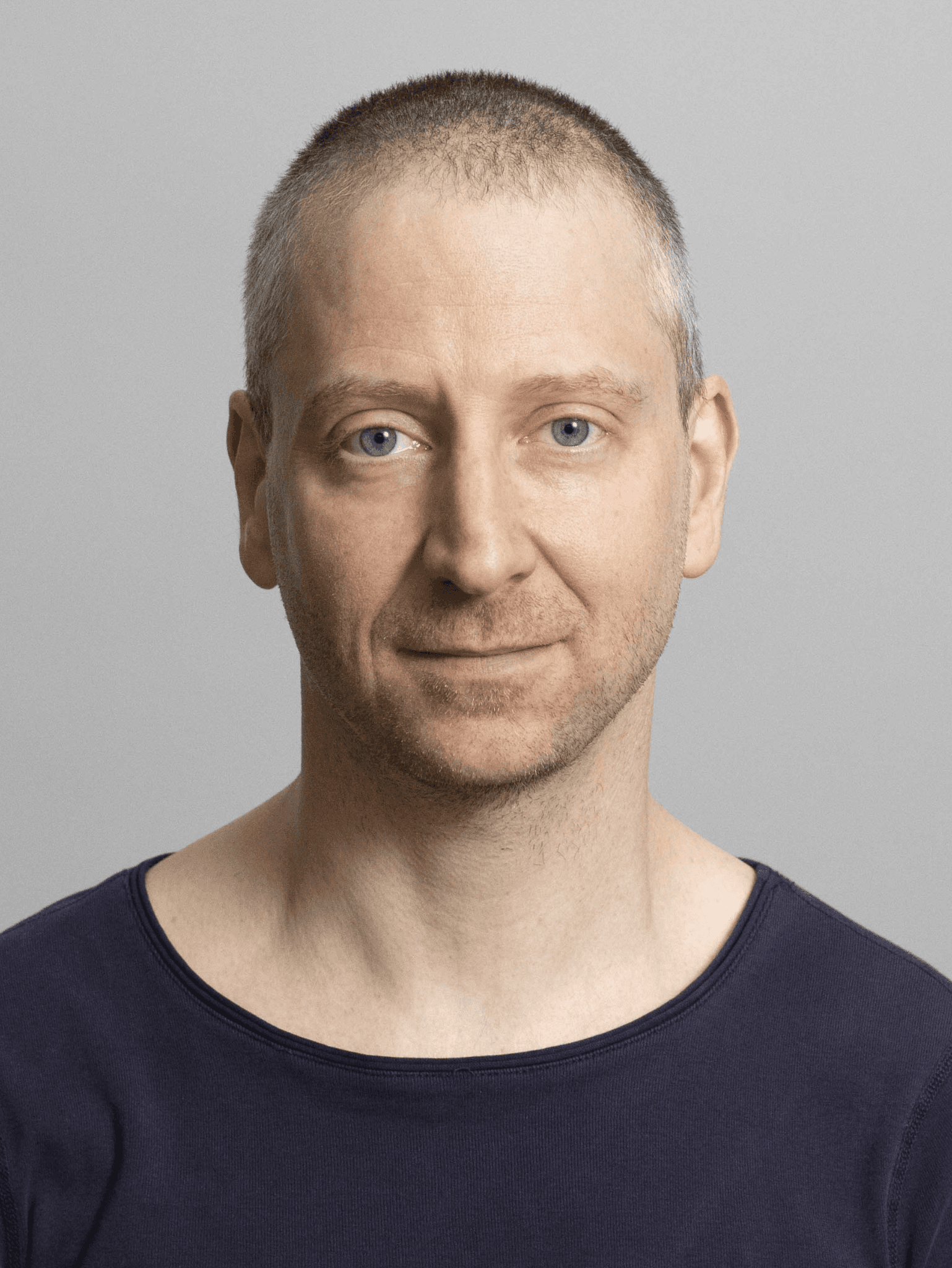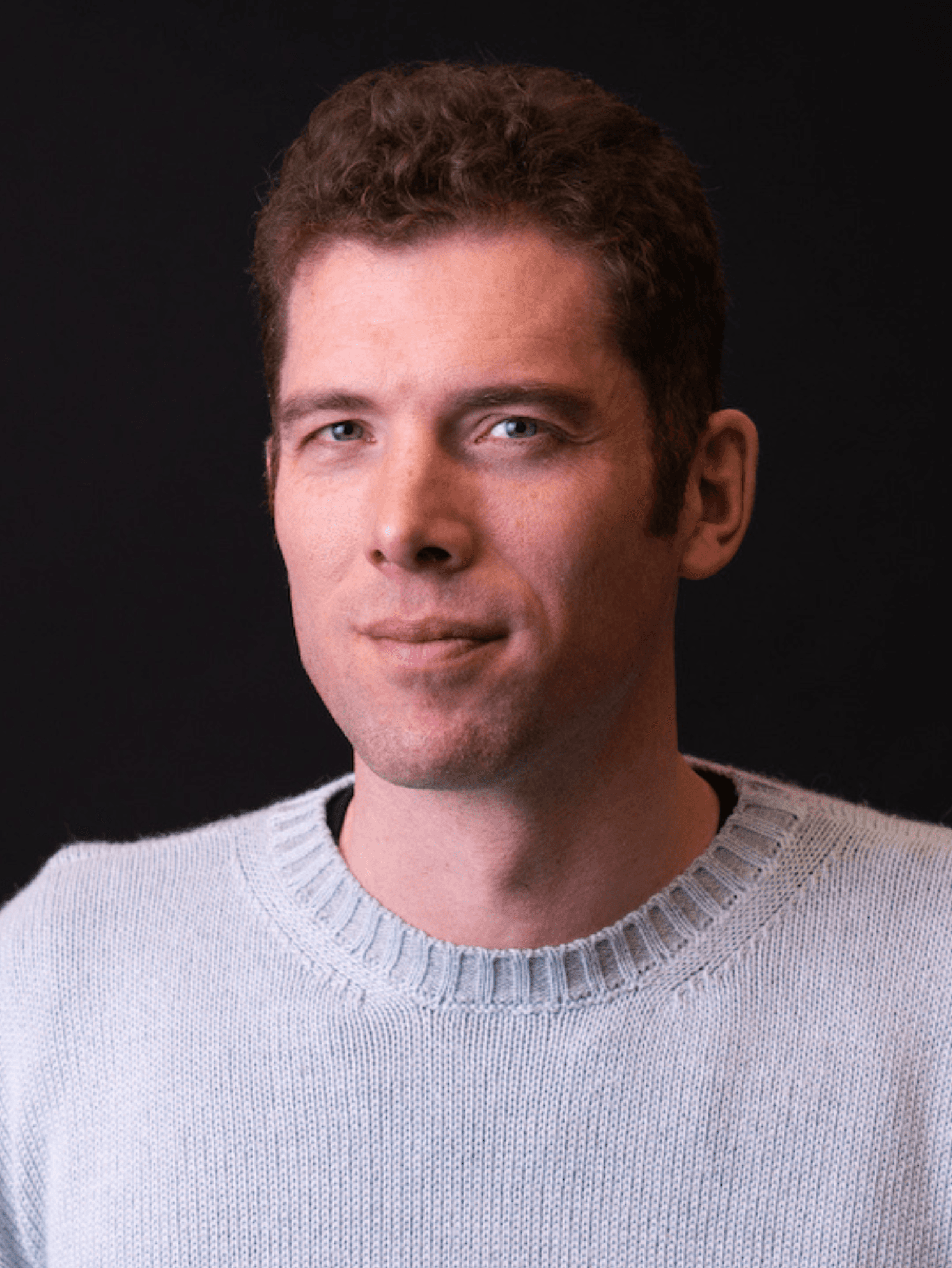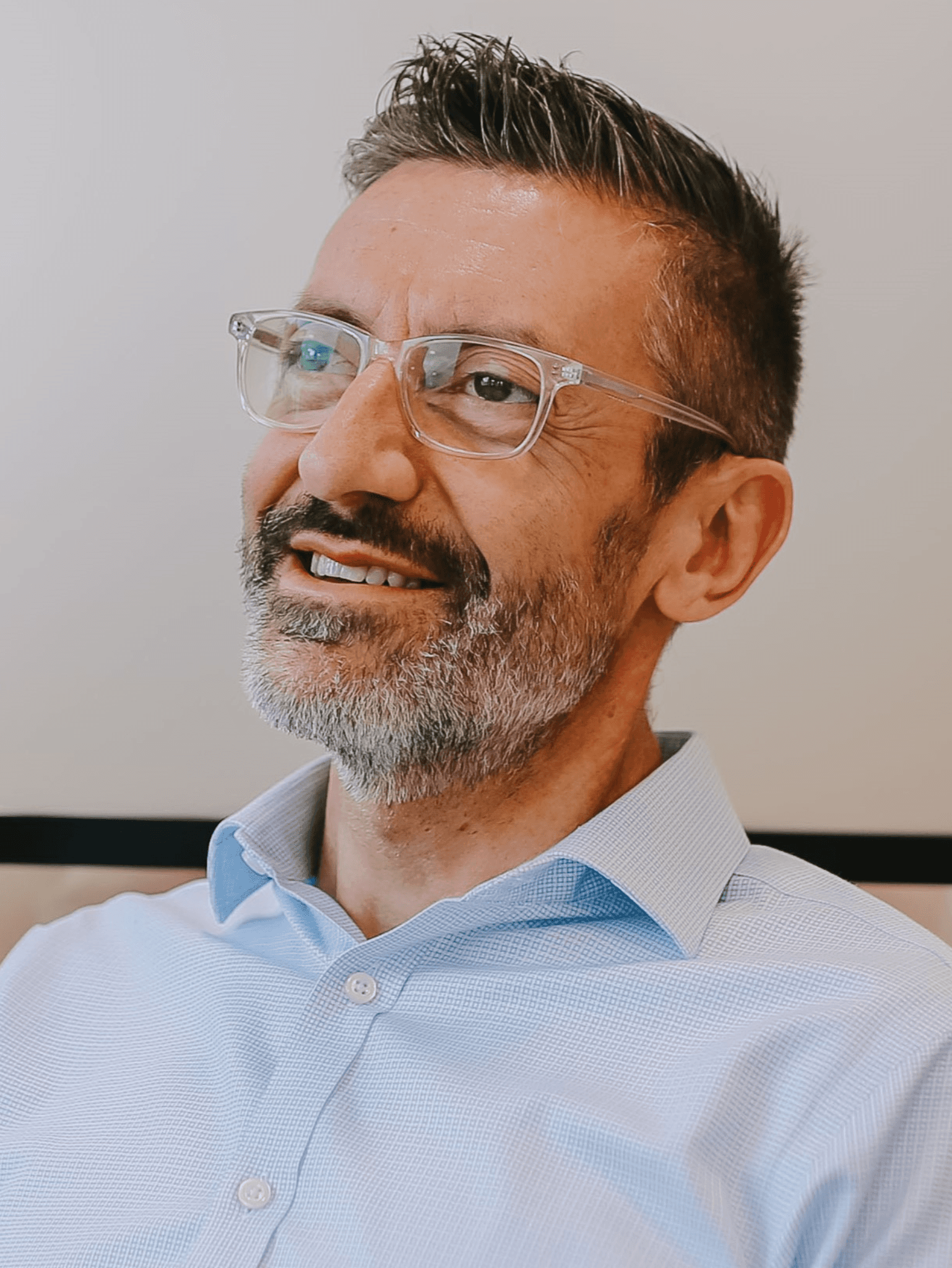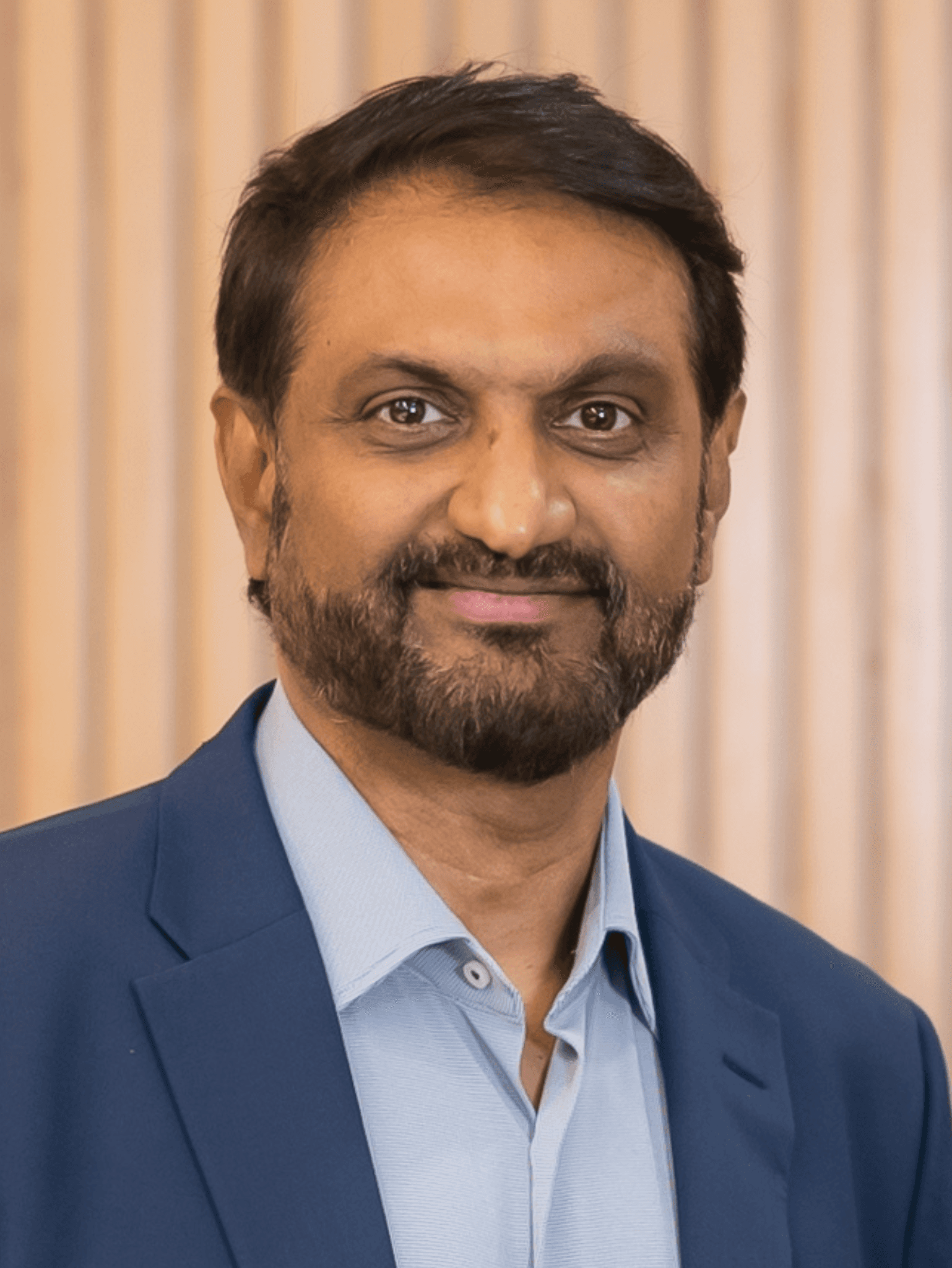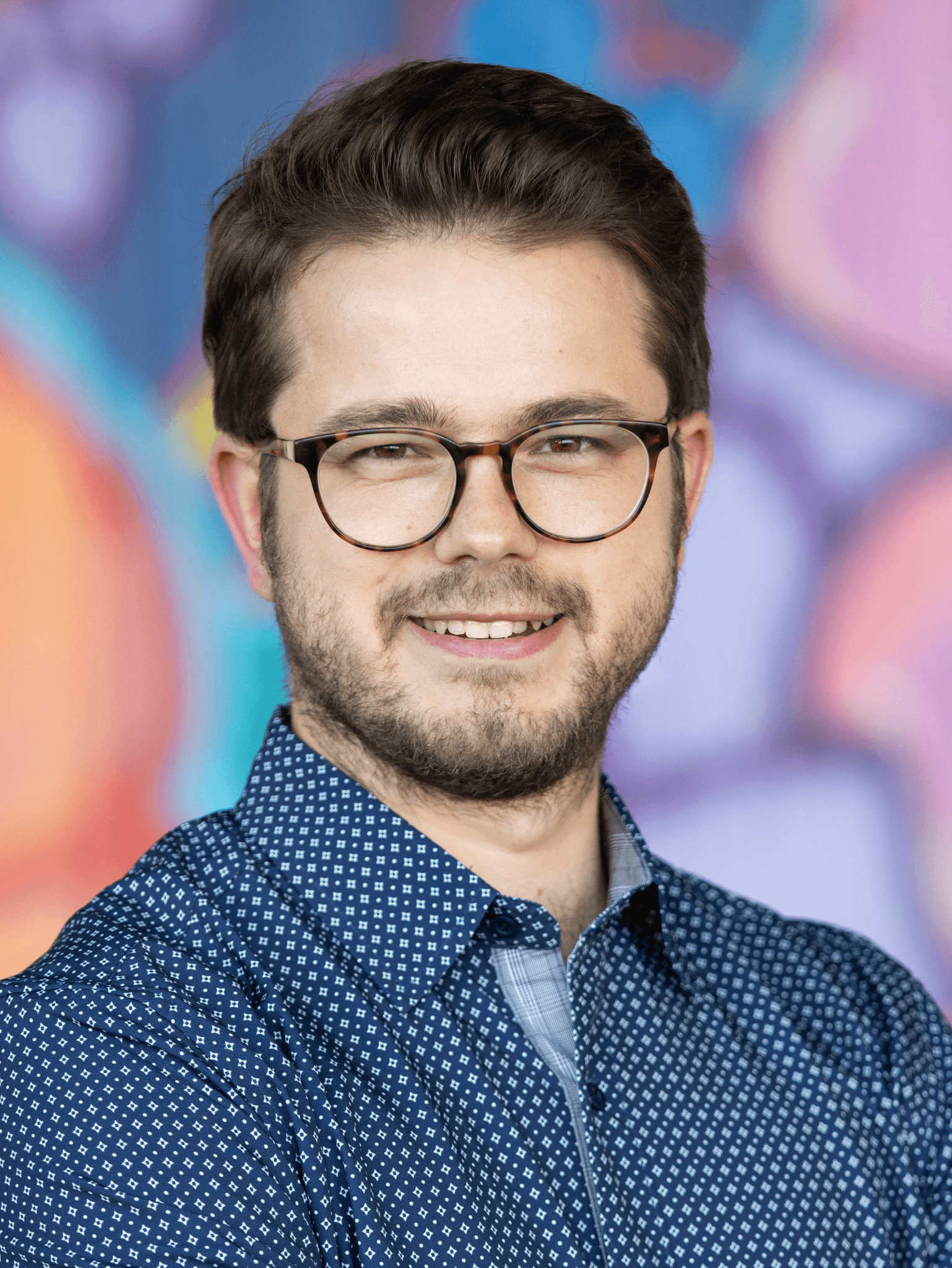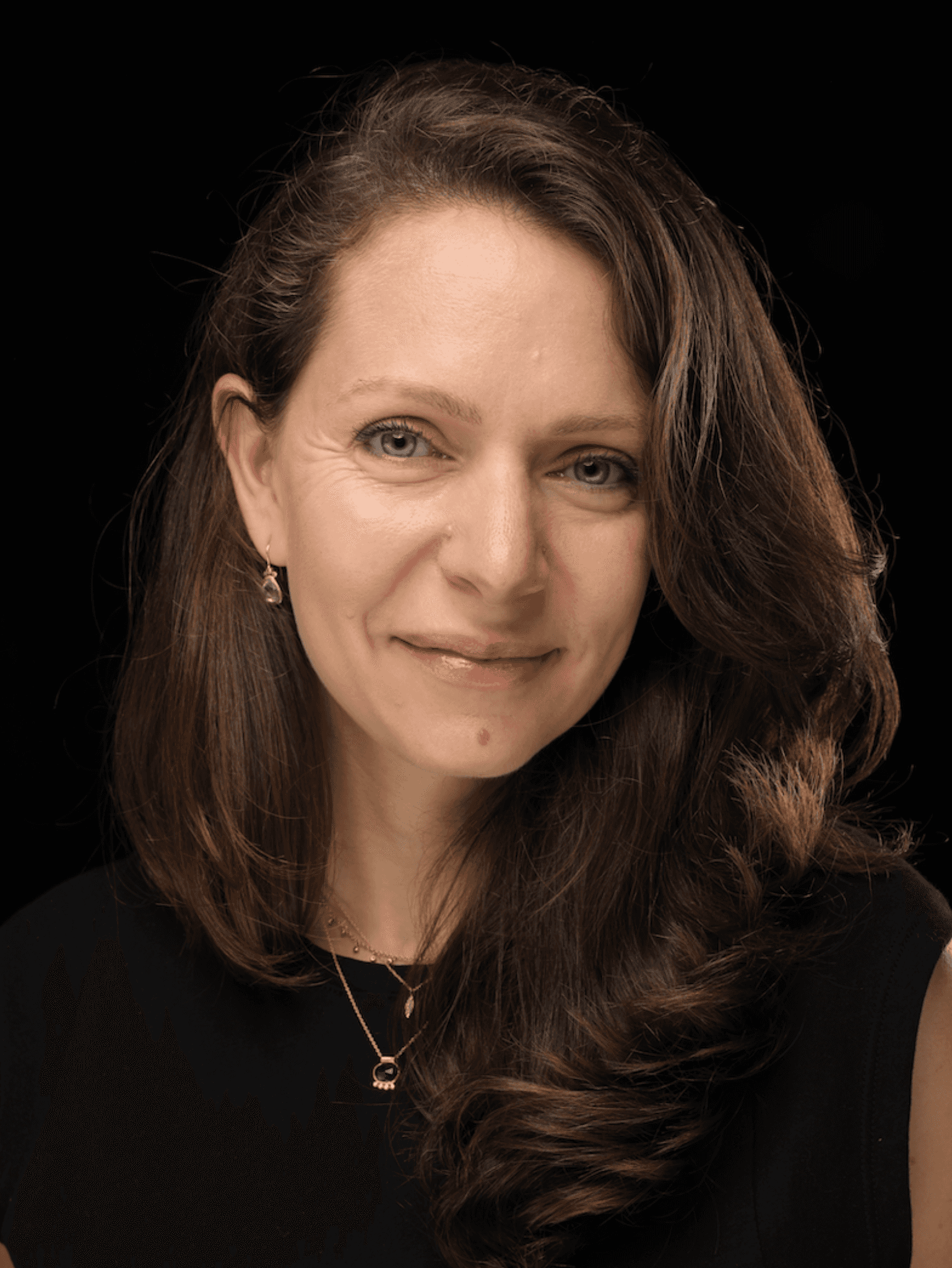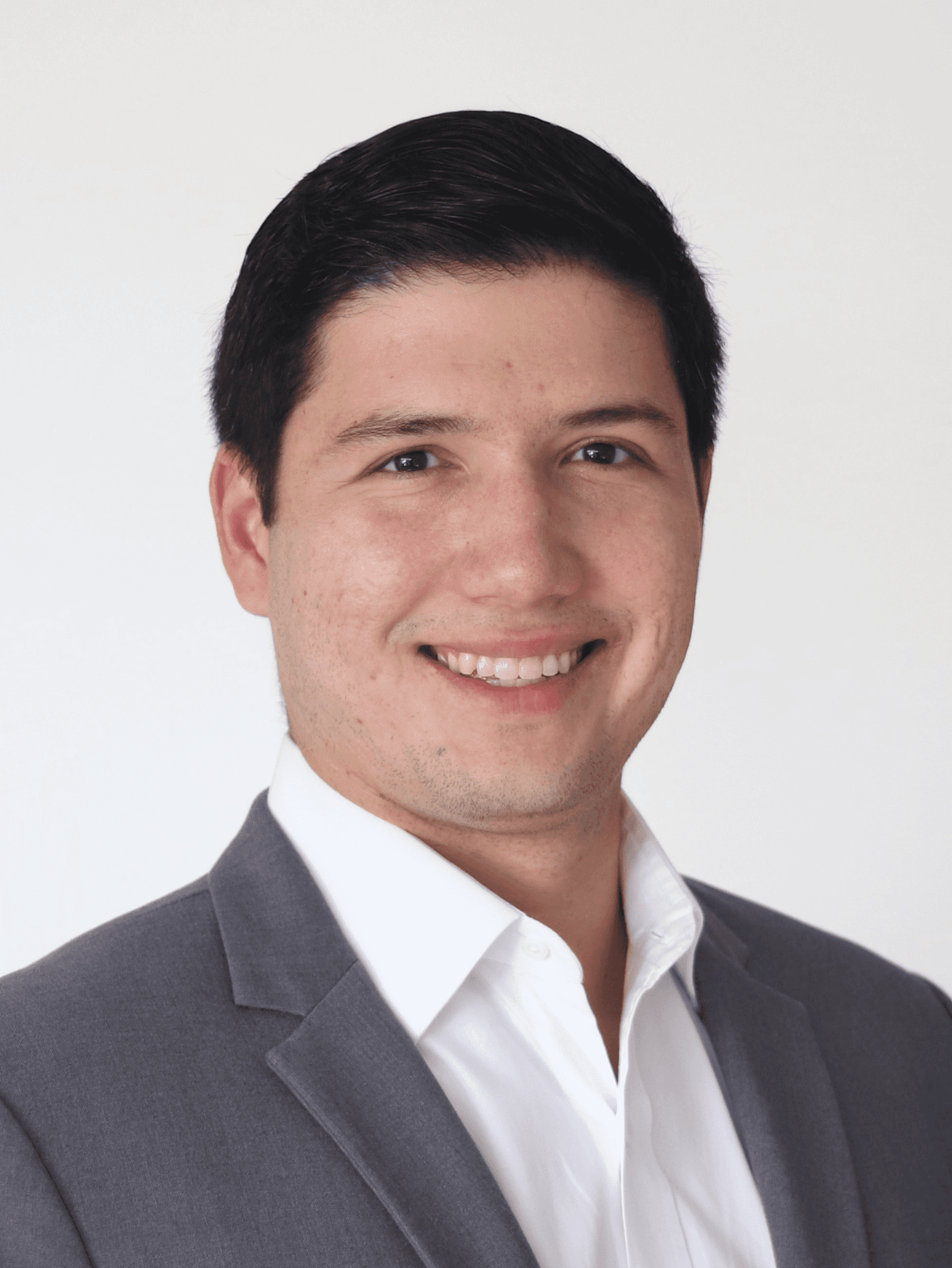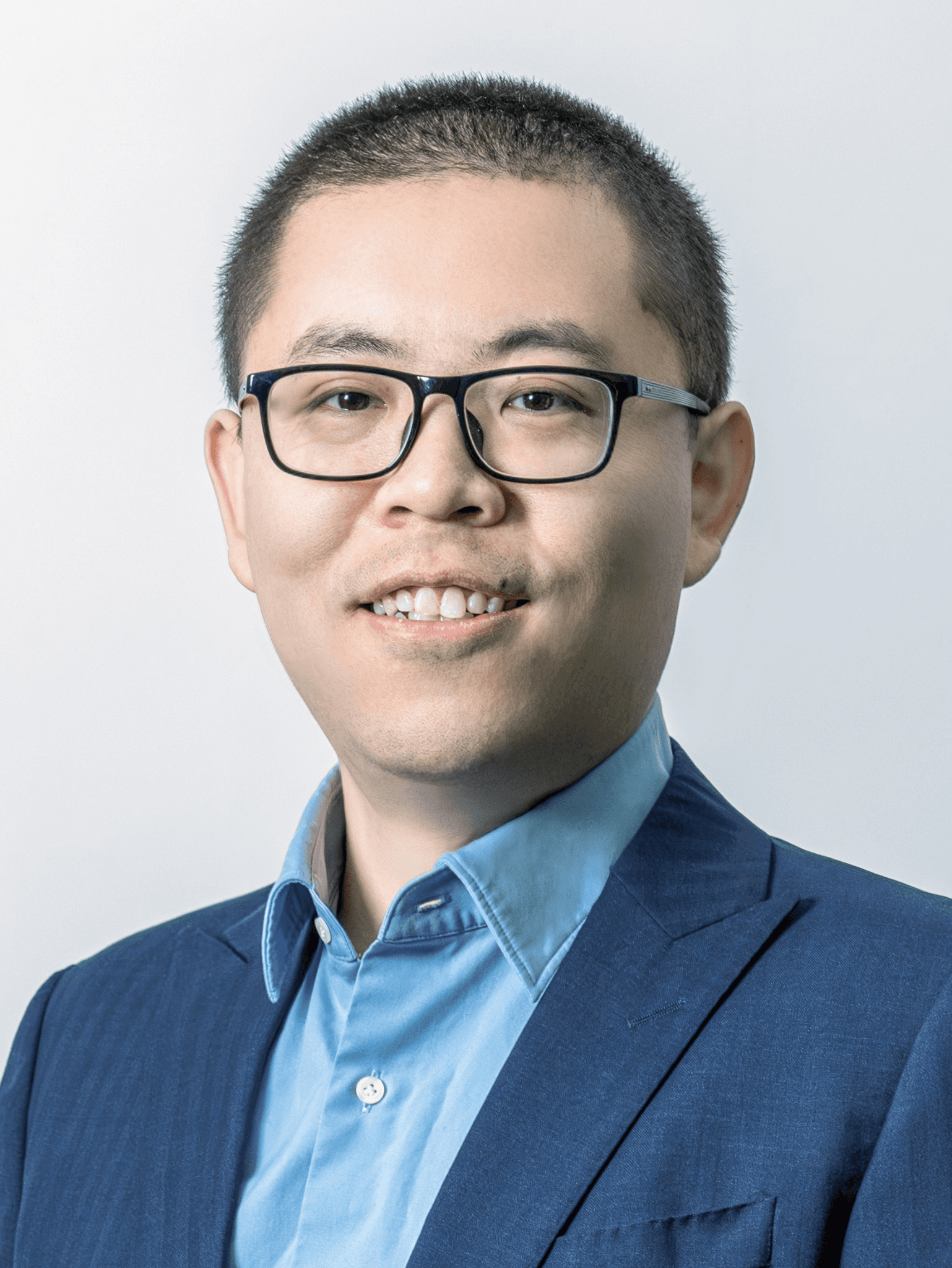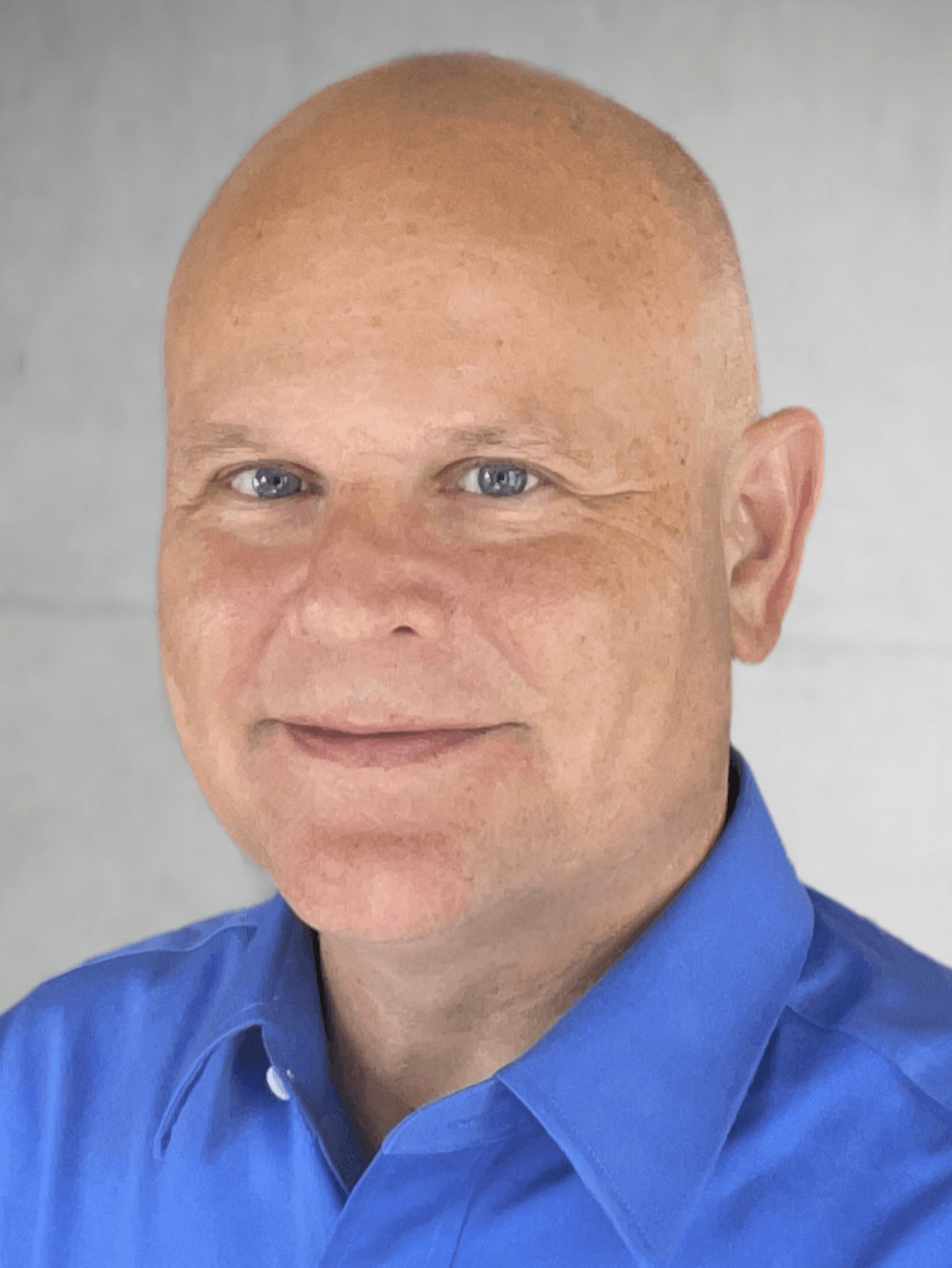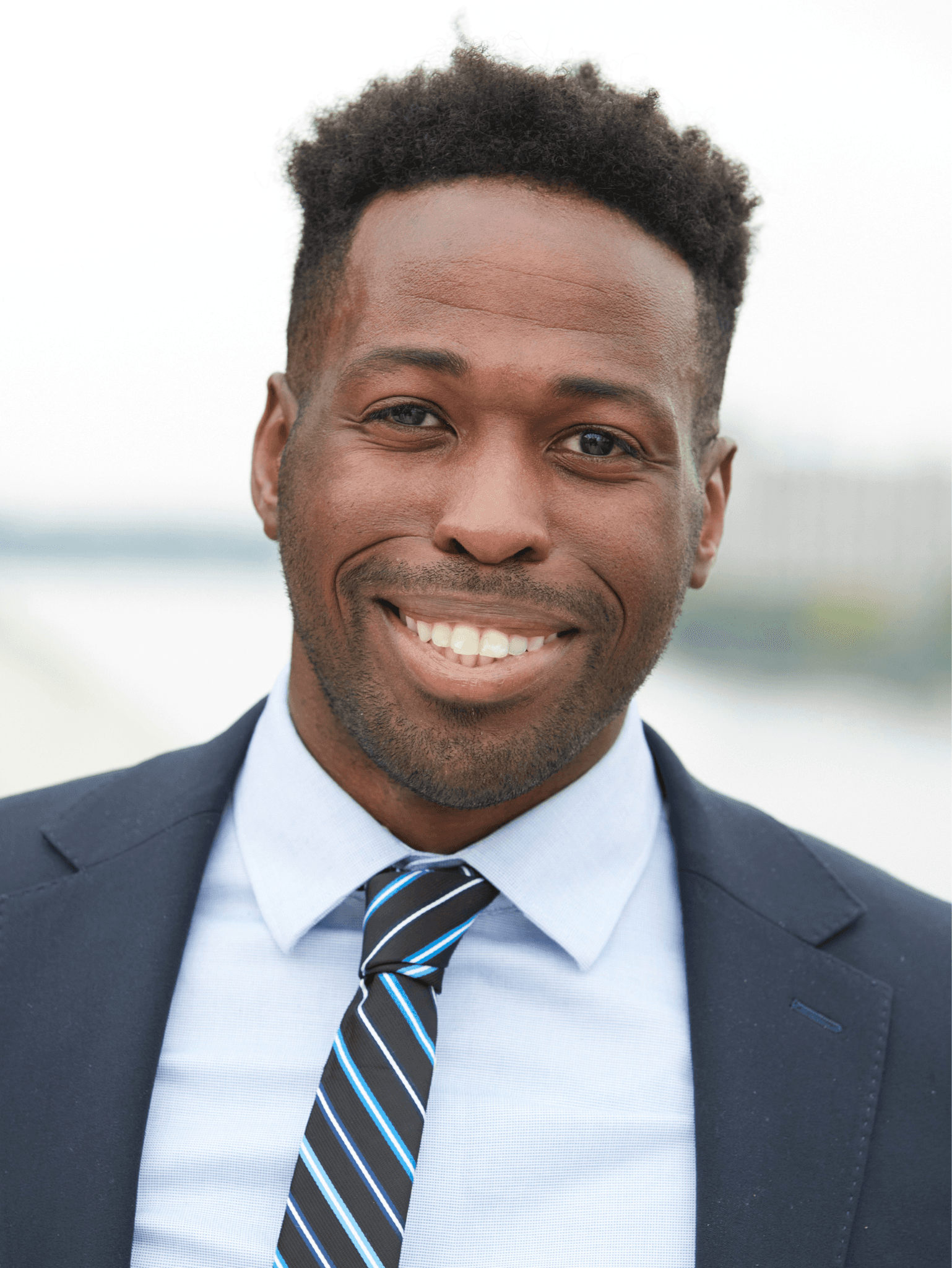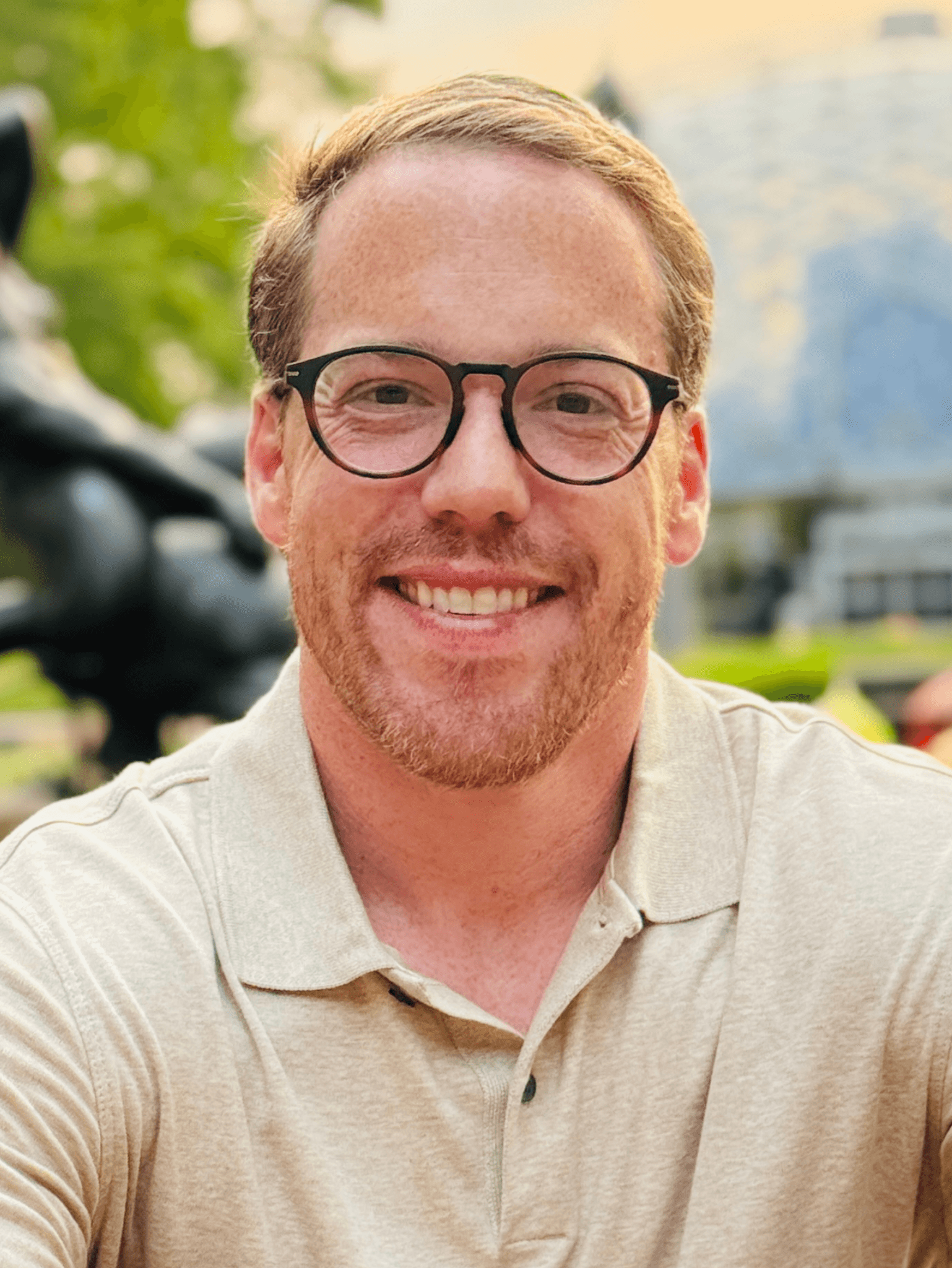SynBioBeta Speaker
Henry Lee
CEO
Cultivarium
Dr. Henry H. Lee is CEO & co-founder of Cultivarium, a non-profit bioengineering firm accelerating the pace of engineering environmental bacteria, archaea and fungi so their unique physiologies can be used for food, fuels, materials and medicine. Backed by The Eric and Wendy Schmidt Foundation and Wellcome Trust, Cultivarium has already reduced the time and cost of engineering new-to-lab microbes by more than ten-fold, and is building toolkits for more than 300 species"”from halophiles that thrive in brine to filamentous fungi poised to reinvent biomanufacturing. Henry's passion for microbial "dark matter" is grounded in 16 years of molecular-technology immersion. He has a background in electrical engineering and a PhD in Biomedical Engineering from Boston University (with Jim Collins). While training as postdoctoral fellow in Genetics at Harvard Medical School (in George Church's lab), he domesticated the ultrafast growing bacterium Vibrio natriegens and pioneered enzymatic DNA-synthesis methods now enabling DNA data storage. He has co-founded three startups, authored eight issued or pending patents, and co-chairs BioMade strain engineering committee. At Cultivarium, Henry combines biology, software and hardware to convert obscure microbes into reliable chassis. By bridging academic discovery and industrial deployment, he aims to make selecting the "right microbe for the job" as routine as choosing a software library. At SynBioBeta 2025 he is assembling the ecosystem that can turn today's esoteric non-model microbes into tomorrow's bio-industries.
SynBioBeta 2025 - Session Speaker
Lunch & Learn - Ordering Off-Menu: Microbes for the New Bioeconomy (ends at 1:00)
From acid-loving metal munchers to photosynthetic cyanobacteria and microbiome consortia, non-model microbes are already quietly tackling problems that conventional hosts can’t touch. Join a fast-paced lunch-and-learn where leaders in strain development, fermentation, and microbial applications discuss how we can best build a flourishing bioeconomy.We will map the opportunity landscape across food, fuels, therapeutics, agriculture, biomining and planetary terraforming, and discuss practical hurdles like genetic tractability, scale-up, and regulatory paths. Attendees will leave with a field guide to promising clades, toolkits, and collaboration models that can turn today’s “wild types” into tomorrow’s workhorses.
All Categories













